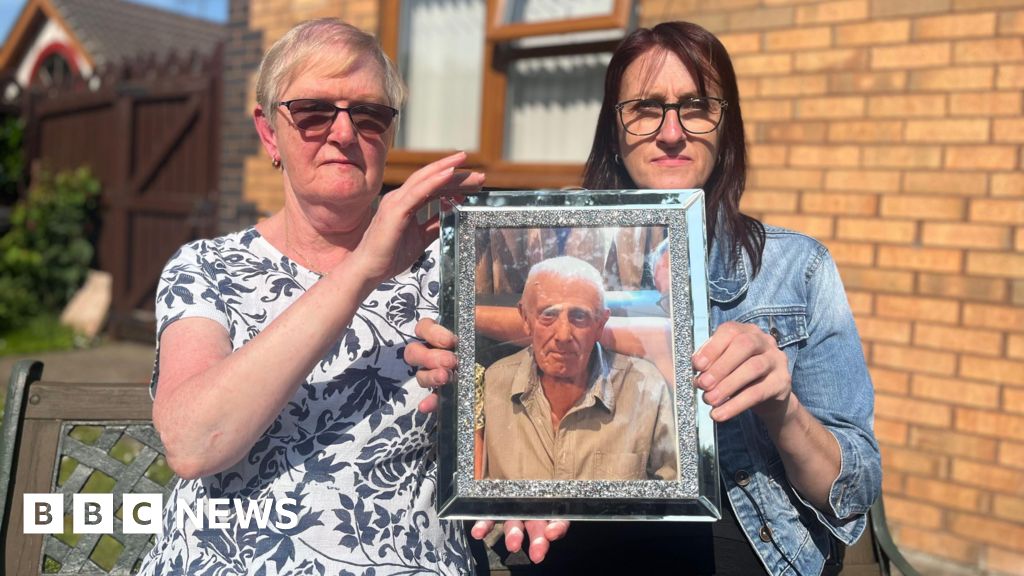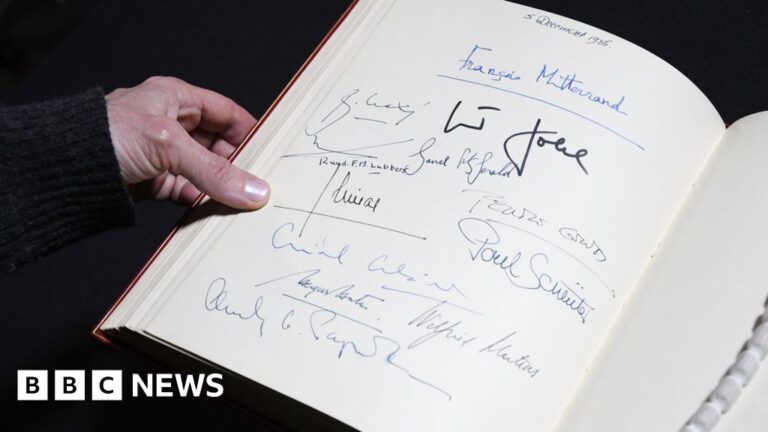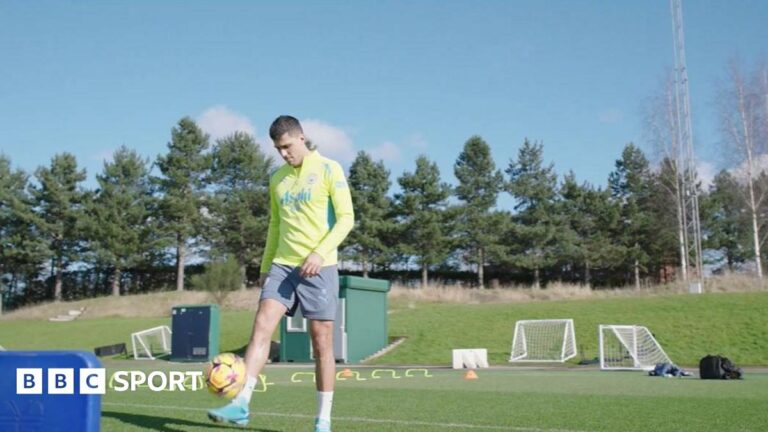The family of a man who was issued with two death certificates after he died following a heart procedure says the hospital covered up what happened to him. Brian Holmes died at Castle Hill Hospital, near Hull, which was at the centre of a police investigation into several deaths. The hospital revised its statement of cause of death to remove reference to the operation. His daughter Lisa Jones said she believes medics had done so “to cover up what really happened”.
There were 11 deaths at Castle Hill following TAVI procedures between 2019 and 2023, including Mr Holmes. The BBC understands a further six people have died there since last July after undergoing the operation. The hospital’s mortality rate is above the national average.
The procedure, which typically lasts between one and two hours, is usually carried out under local anaesthetic and is mainly performed on older patients. Mr Holmes, an army veteran, went to Castle Hill in 2019 to undergo a TAVI. “He thought it would make a new man of him,” his wife Susan, 74, told the BBC. However, the procedure went wrong.
The BBC has seen an unpublished Royal College of Physicians review, commissioned by the hospital, into the 11 TAVI deaths. It is excoriating about the care Mr Holmes received. The review graded his treatment plan and implementation as very poor care – the lowest grading – with all other phases of care rated as poor.
Instead of the TAVI getting stuck, as the family had been told, the review reveals it was inaccurately placed too high up. When the medics released the valve, it moved into the aorta, a blood vessel in the heart. Unsuccessful attempts were made to move the valve before it was decided to undertake emergency cardiac surgery, including the complete removal of the TAVI.
After Mr Holmes died, the family went to register his death with the death certificate the hospital provided. However, there was a problem at the registry office and they were told they had to go back to Castle Hill. They were then issued with a second death certificate, which said the primary cause of his death was pneumonia and severe aortic stenosis, a blocked heart valve.
The reviewers from the RCP saw the original death certificate, which said Mr Homes died of pneumonia and a failed TAVI. The review team did not consider the second death certificate, which did not mention the TAVI, “to have been an accurate description of the causes of this patient’s death”. There was no evidence of referral to the coroner, it added.
Ms Jones said the family did not spot the death certificates had changed until the BBC showed them the review. “When it first happened, you can’t think about it because you’re grieving, so we just thought they’d done something wrong with the death certificate,” she said. “[But] they’ve took it back because they knew what happened.” She accused the hospital of using the second one “to cover up what had really happened to my dad”.
The trust that runs Castle Hill hospital, Humber Health Partnership, said that while it would not comment on an individual case “it is not uncommon for a death certificate to be amended following a discussion with the coroner’s officer”. Following the BBC story last month, seven families have instructed a law firm, Hudgell Solicitors, to act on their behalf.
The firm said its first task was to understand what happened to each family, including whether inquests were held or needed to be re-opened. “The hospital are saying lessons have been learned,” Neil Hudgell said. “Well you’ve not disclosed the Royal College report, can you mark your own homework? How do we know you’ve learned your lessons?”
Board papers published last month show that the hospital is dealing with “a cluster of further deaths” in the TAVI service. The BBC understands this refers to six deaths of patients who had undergone a TAVI procedure between July 2024 and March 2025. Figures provided by the trust show its mortality rate for the whole of 2024 and the first six months of 2025 was 2.2%; the latest available UK-wide mortality figure is 1.3%.
The NHS trust said “mortality data for any procedure at a local level varies constantly and can fluctuate”. Both the Care Quality Commission and NHS England were aware of problems with the TAVI service at Castle Hill. The CQC said “concerns about the TAVI service were known to us”, while the trust has been the subject of enhanced surveillance by NHS England.
Asked what they had done to ensure families were informed of the problems, neither organisation provided any evidence. NHS England said it “couldn’t comment due to the police investigation”, while the CQC said they had rated surgery at Castle Hill as inadequate for safety in 2022 “due to the significant patient safety concerns”.
Source link




